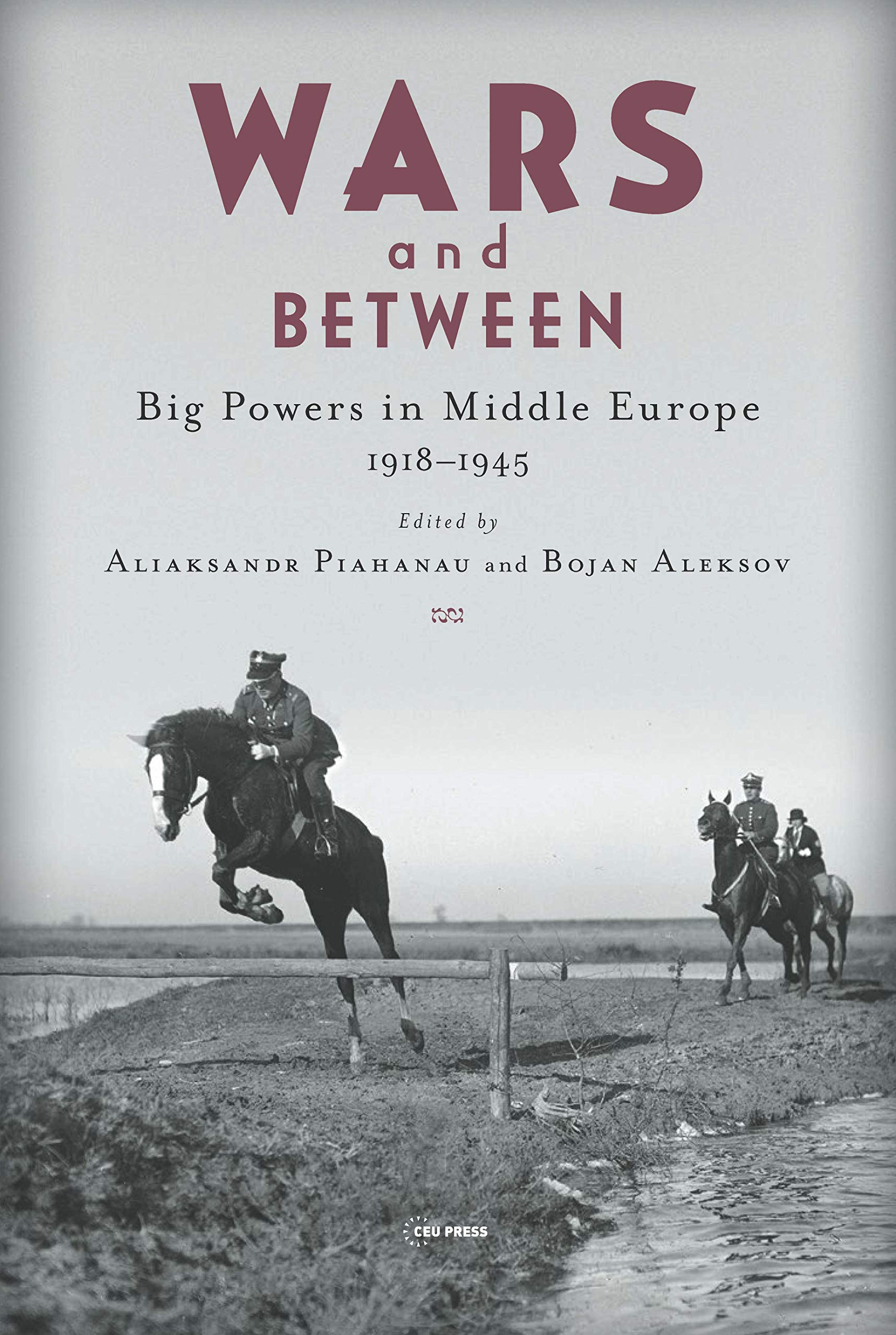Commentary
Politics
Projects
Slovakia Turns the Page on Russian Fossil Fuels – COMMENTARY
21 October 2025
In Wars and Betweenness: Big Powers in Middle Europe 1918-1945, editors Bojan Aleksov and Aliaksandr Piahanau put great power politics within the newly formed Central European countries under the microscope through a series of essays written by experts on the region. Case studies of specific conflicts in countries create a collage of Central Europe and shed light on the wider regional implications.
Modern Central Europe came out of the peace negotiations at Paris through the will of certain victors of the First World War. When forming the borders, when dealing with conflicts, and when choosing allies and foes, the interests of the great powers were one of the deciding factors. When those interests clashed with the stated morals of the treaties, such as national determination, it was the goals of the great powers that won out.
In this collection of essays edited by Bojan Aleksov and Aliaksandr Piahanau, the authors take us through the aims of the great powers in Central Europe and how they achieved them through banking, culture, plebiscites, leveraging, spheres of influence, amongst other tactics.
 In compiling these essays, the editors aimed to gain concrete case studies on how the post-war treaties failed in Central Europe. How, although filled with Wilsonian idealism, the realities and effects of the treaties lead to a continuation of the great power politics which has plagued Europe for centuries and directly lead to the Second World War, which officially was declared over the Polish Corridor and Danzig (now Gdańsk), the existence of which was hypocrisy considering the idealistic goal of ‘self-determination’.
In compiling these essays, the editors aimed to gain concrete case studies on how the post-war treaties failed in Central Europe. How, although filled with Wilsonian idealism, the realities and effects of the treaties lead to a continuation of the great power politics which has plagued Europe for centuries and directly lead to the Second World War, which officially was declared over the Polish Corridor and Danzig (now Gdańsk), the existence of which was hypocrisy considering the idealistic goal of ‘self-determination’.